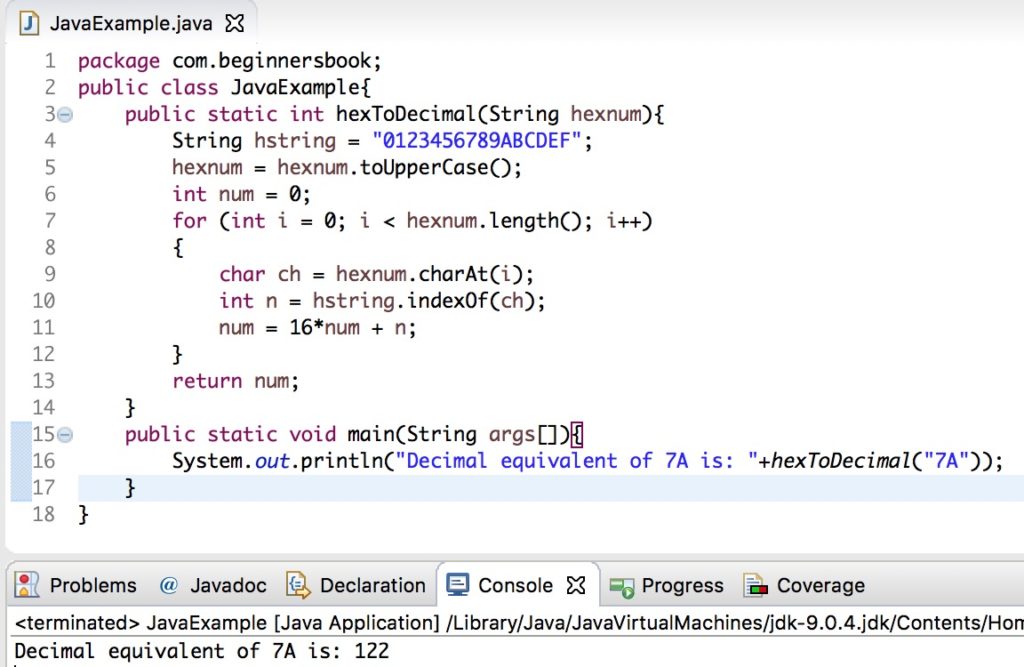

Hex to ASCII converter will automatically convert hexadecimal string to ASCII string and show you the output right away. Press the Calculate button to see the converted output.Select the conversion option from the given list.Enter your hex string in the first input box.To use this converter, follow the below steps:

It has a very simple interface which makes it very convenient for the user to convert any hex strings. The above converter perfectly tailored by our developers to meet the need of advance hex to ASCII conversions. If you need to convert your hexadecimal string to an ASCII string, you are at the right place.
#HEX TO TEXT CONVERTER HOW TO#
In this post, we will discuss how to use hex to ASCII converter, how to convert hex to text, and much more.
#HEX TO TEXT CONVERTER CODE#
ASCII stands for American Standard Code for Information Interchange, and it consists of 128 128 1 2 8 characters. While, ASCII is used as text format in devices like computers, and mobiles. The ASCII converter is very simple to use, and you can convert to ASCII anytime from anywhere. It facilitates the conversion process of hex to text by offering the conversion at one click. When you do not want to add bytes in your pipeline use printf for more consistent behavior.Hex to ASCII converter is a web-based tool that lets you convert hexadecimal to ASCII. You are probably getting an extra newline in your output when sending to xxd.Įcho adds a newline to output. If you want to replace the \r as in answer, add s.replace('\r', '=n').The b and 's are not important for output and so are truncated. str(b) converts a bytes object that looks like b'abcd' to abcd.If you've used python, for a character like a newline b=b''.fromhex('$str') converts the hex numbers to a bytes object.History \rls -ltr \rn netstats\rn info \rn status\rexit\r This may not mimic xxd output as other answers do, but allows you to see the \r\n-type characters that are causing problems. You can use python3 inline to print the ASCII characters. To output the ASCII value, you precede the double-quoted variable name with a single-quote, e.g.

Or - If I have it backwards, and you actually want the ASCII value for every character in the string, you can use a simple for loop and printf to print the ASCII value of every character. Let me know if you need a slightly different output format and I'm happy to help further. Which depending on what you want as output may be all you need. You use sed to create a newline delimited list of 2-character strings and by outputting as a string you avoid the control character conversion issues with, e.g. You can actually use printf and sed to split every 2 characters and output in whatever format you need.


 0 kommentar(er)
0 kommentar(er)
